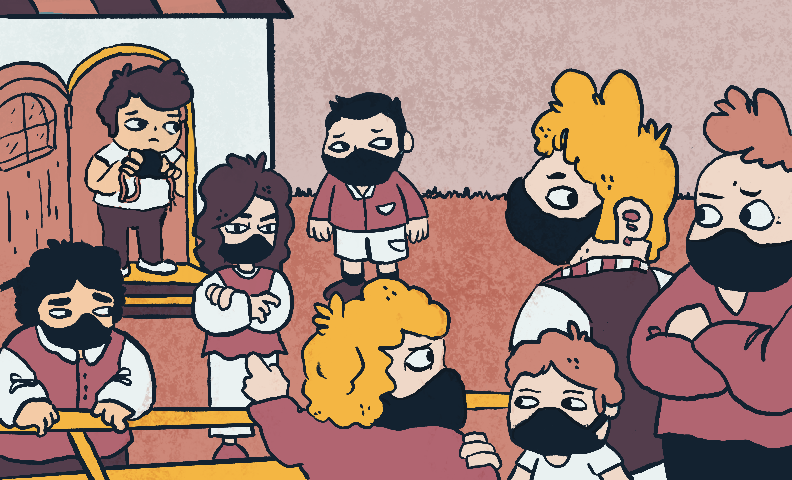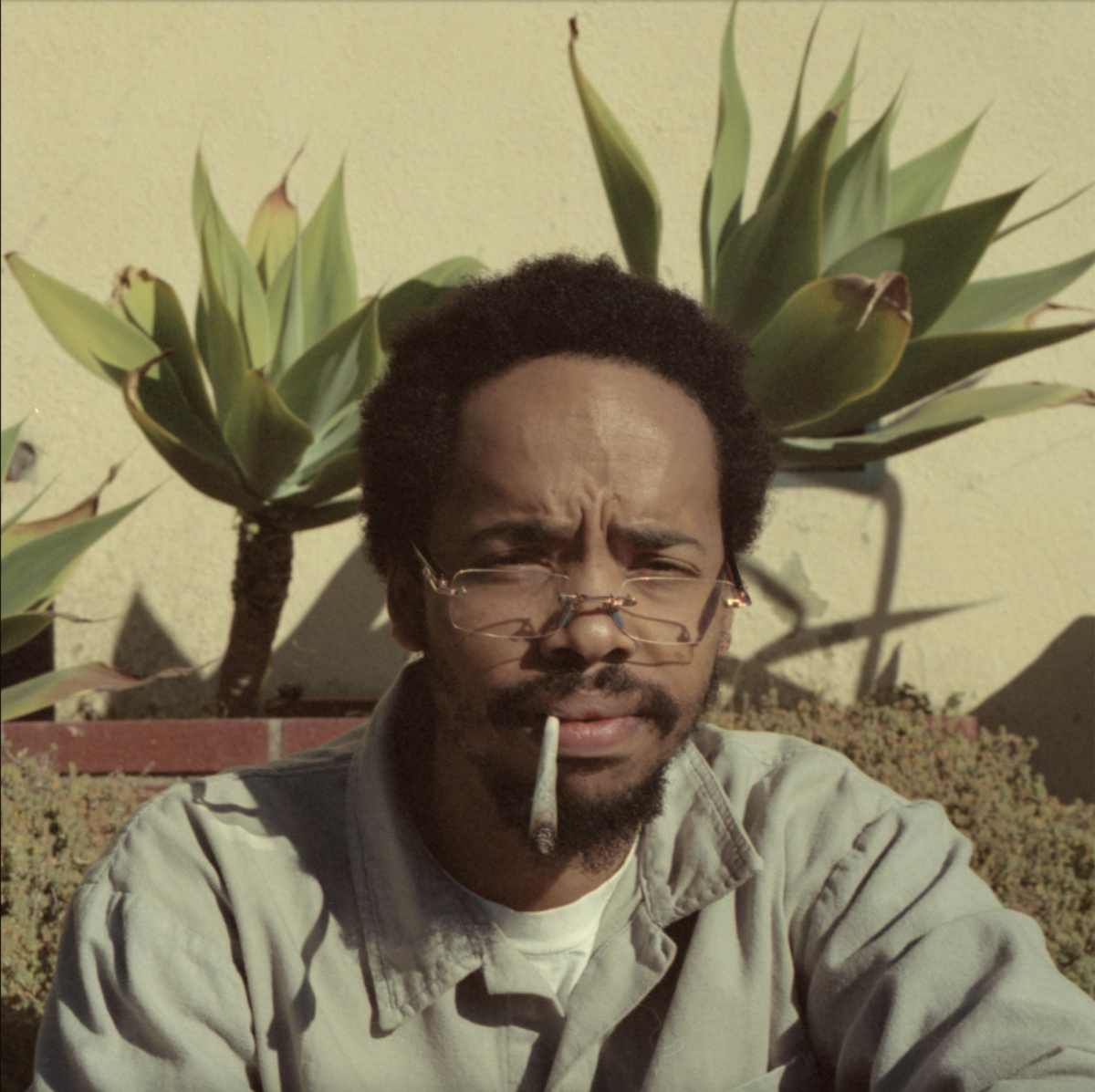Some San Jose State students and professors say that since the World Health Organization announced Wuhan, China as the origin of the coronavirus outbreak, the rise of xenophobia led to a spike in hate crimes against Asian populations.
Xenophobia is defined as the “fear and hatred of strangers, foreigners or anything that is strange or foreign,” according to Merriam-Webster.
“Unfortunately, the average person can’t tell the difference between the plethora of [Asian] ethnicities and cultures,” sociology junior Tiffany Yep said over the SAMMY app. “To many people, if you look Asian, then you are Chinese. This is not only a Chinese problem, but a problem for most Asians.”
Music freshman Xingxiang Huang said the prevalence of xenophobia puts the safety of Asians at risk, especially around his current residence in San Francisco.
“I have been seeing news related to this [violence] and it really intimidates me,” Huang said over Zoom. “I don’t even feel like living in this diverse city prevents it from happening.”
The Asian Pacific Policy and Planning Council, a coalition of community-based organizations that advocate for the Asian and Pacific Islander American community’s rights and needs in the Los Angeles area, tracked and documented violence against Asian people in California in a report on its website.
According to the report, 832 incidents of discrimination and harassment against Asian Americans were reported in 34 counties in California within a 13-week period.
“I had students whose parents were really strict about not letting them [outside],” Joanne Rondilla, an Asian American studies professor, said over Zoom. “And this is not Asian parents being overly strict, this is parents being concerned that something awful is going to happen to their kids.”
Yep said as someone who is Chinese American, she felt discriminated against days before California put out a shelter-in-place order on March 19.
“I went to Trader Joe’s and people seemed to be staring at me and avoiding me. [I was] one of the only Asians in the store that I saw,” she said. “It’s not much, but it made me feel out of place.”
Rondilla said, Asian Americans are wrongfully discriminated against because of COVID-19, but xenophobia has been around even before the pandemic.
“People need someone to blame,” Rondilla said. “I had a student who contacted me recently who said that his grandmother was attacked . . . there’s no limit to the violence that is happening.”
She also said she believes people inciting anti-Asian violence are validated by President Donald Trump, who labeled the coronavirus as the “Chinese virus” in March.
“Instead of properly managing [COVID-19] because of the death toll, [Trump] resorts to xenophobic racism because that appeals to people’s emotions,” Rondilla said.
The Asian Pacific Policy and Planning Council report identified 81 physical assault incidents against Asian Americans in California between March and June.
Rondilla said Anti-Asian violence and discrimination has a long history in America and cites the Chinese Exclusion Act in 1882, which suspended Chinese immigration to the U.S. for 10 years, as an example of xenophobia toward Asians. It was the first time U.S. citizens saw a racial or ethnic group mentioned explicitly in law.
She also said discrimination is normalized against Asians in the U.S. through stereotypes such as the model minority myth and appropriation of Asian cultures.
The model minority myth suggests that Asians are not as underprivileged as other minorities because of their economic success, according to a 2016 article published in Ethnicity and Disease, a peer-reviewed international medical journal about the connection between ethnicity and health. The article states that the myth is harmful because it infers that Asians and Pacific Islanders don’t need the same resources or attention as other minorities.
To freshman Huang, people need to learn the differences between different Asian cultures and take action when Asian people encounter racism or harassment.
“When Chinese people experience racism out in public it’d be best if [other people] could step up and go out of their way to help us out by stopping it,” Huang said.






































